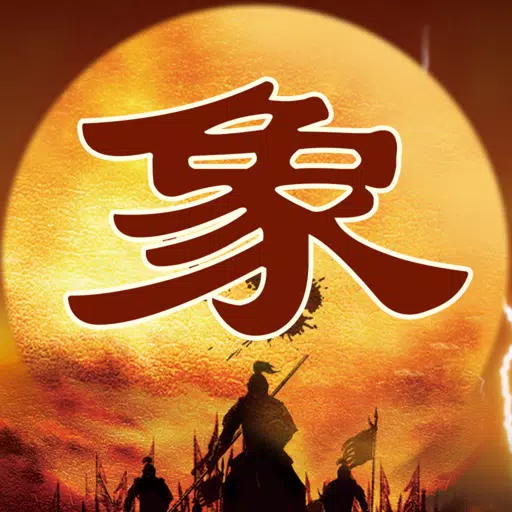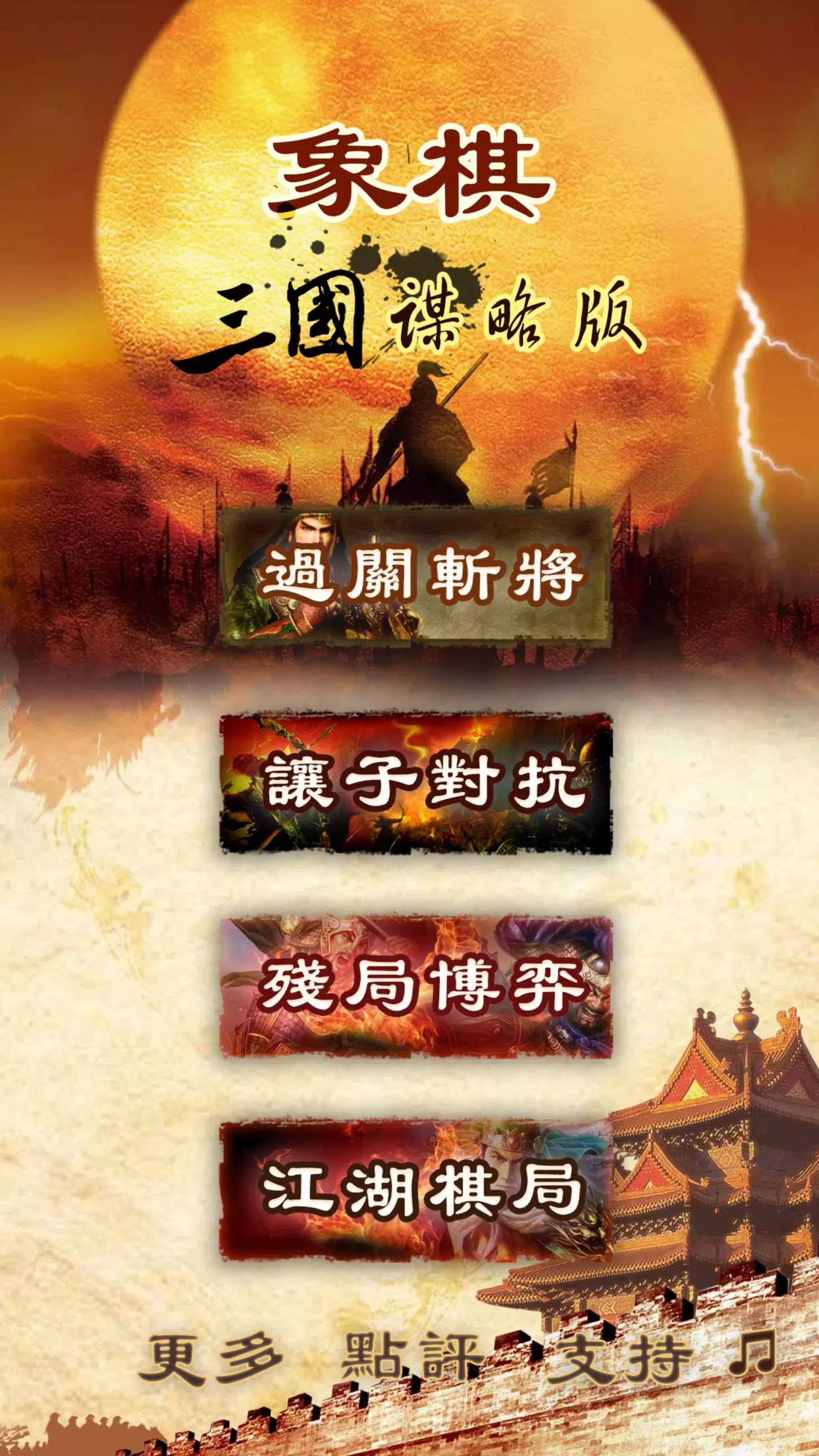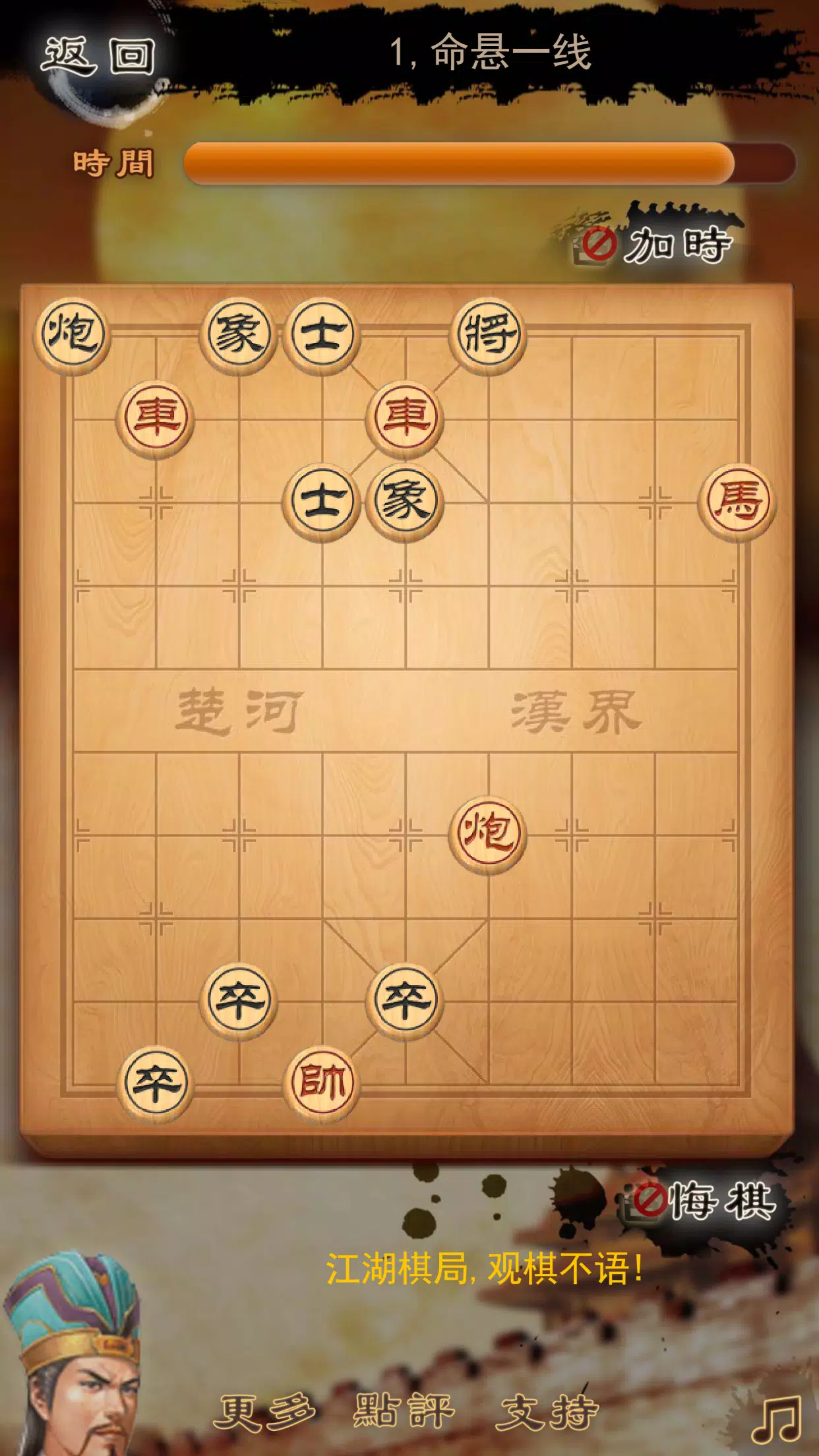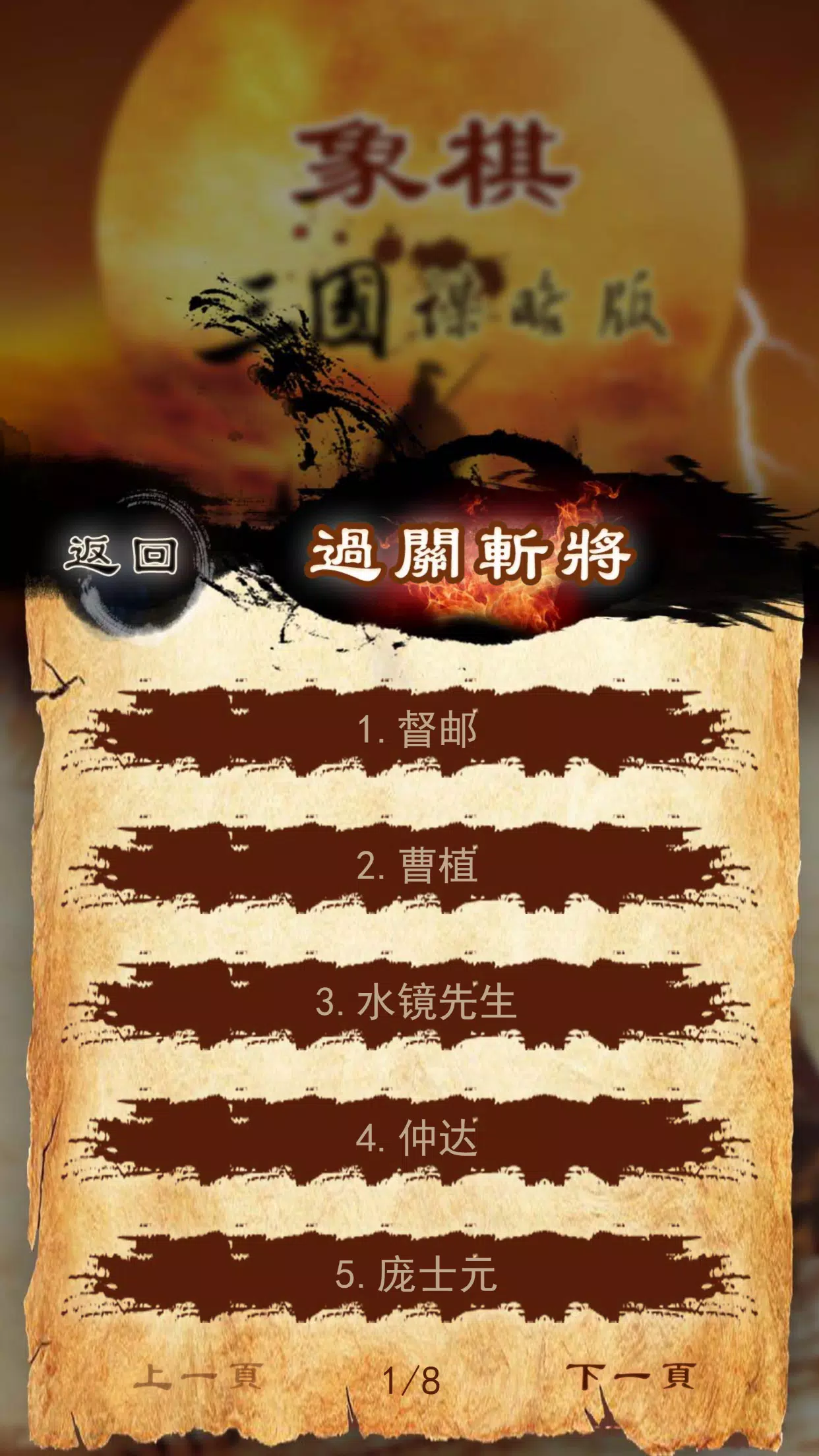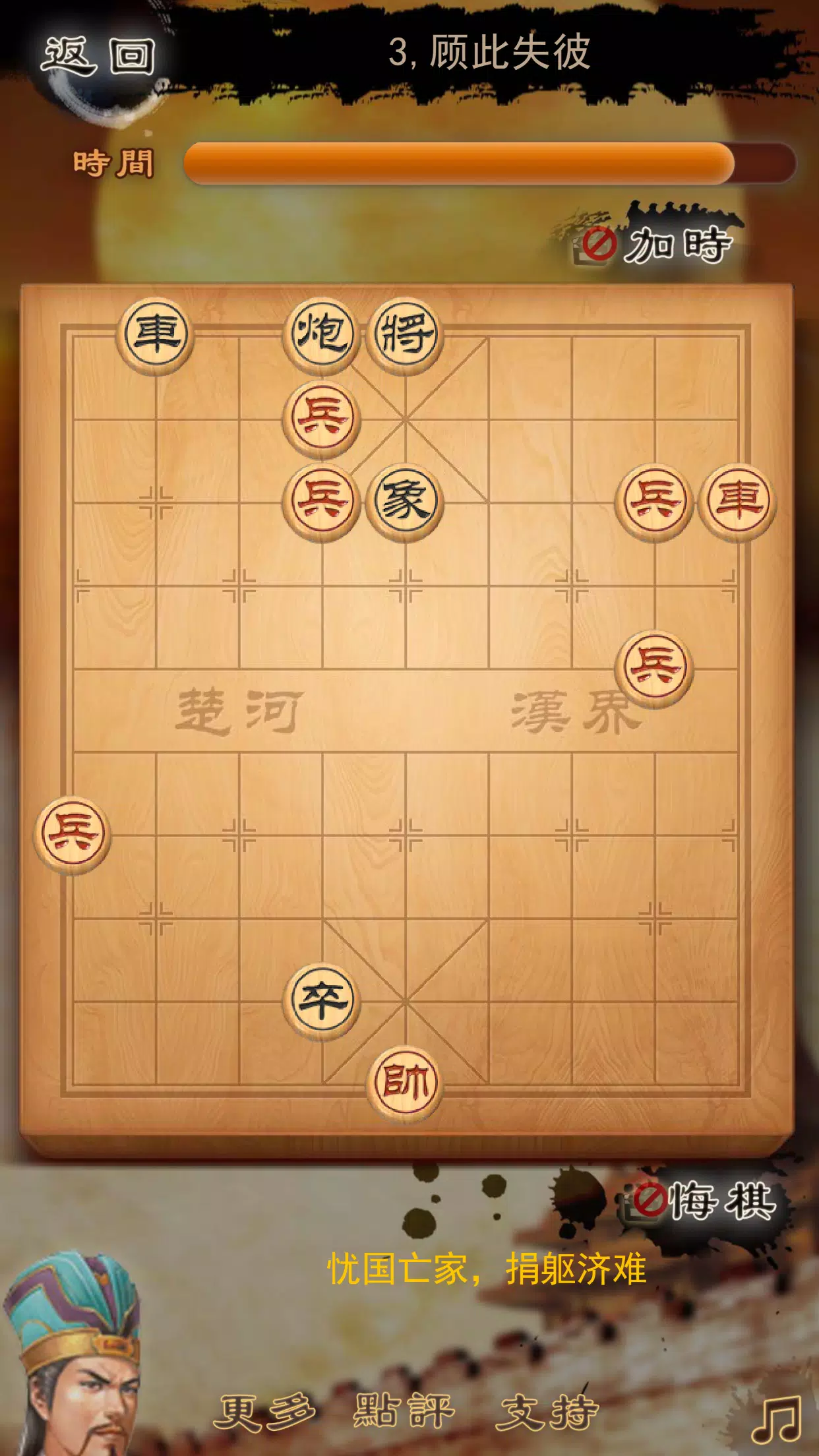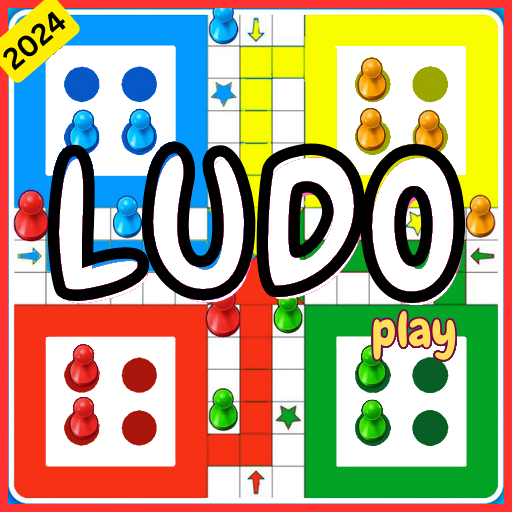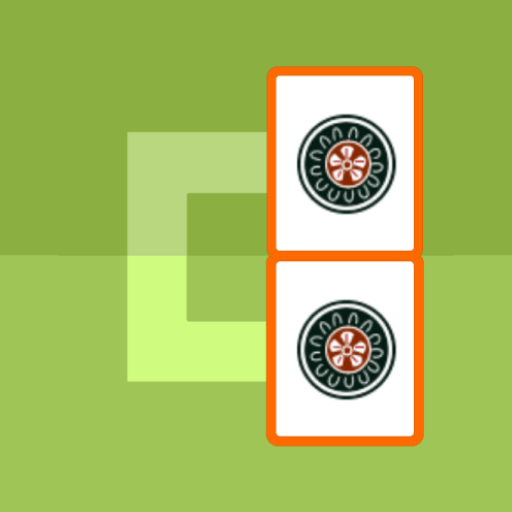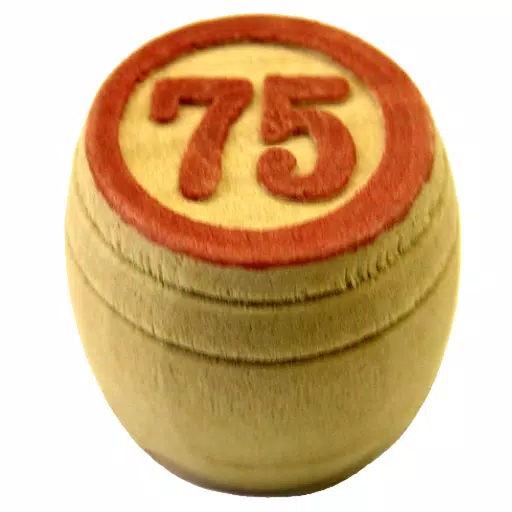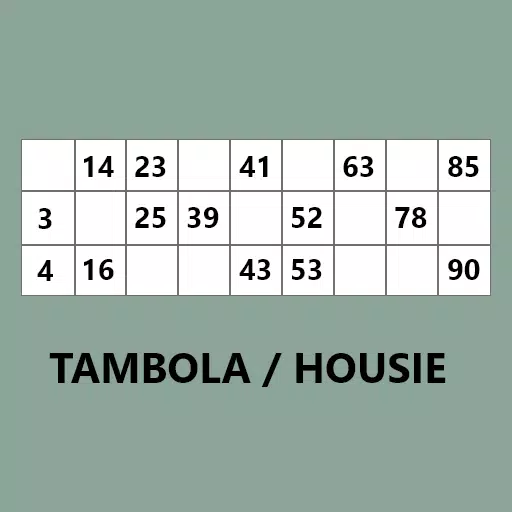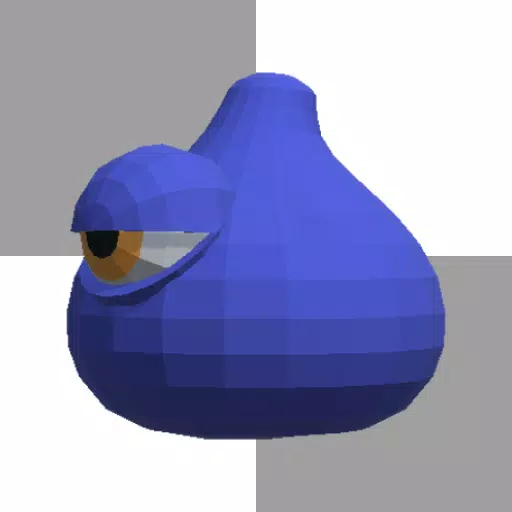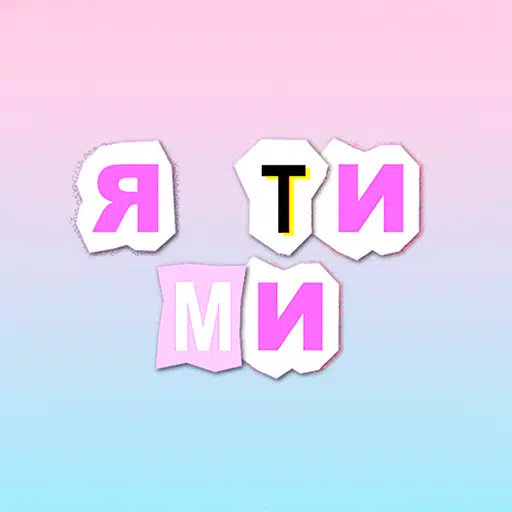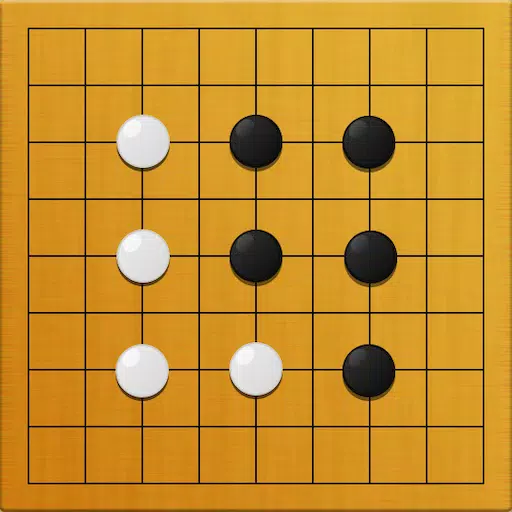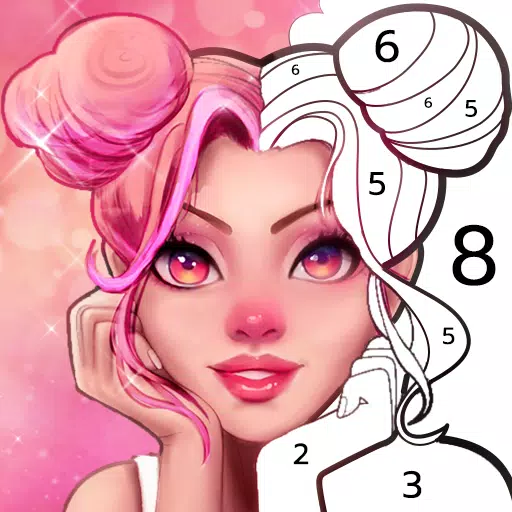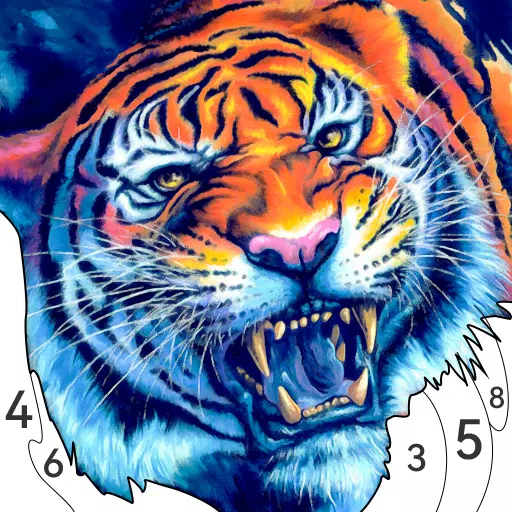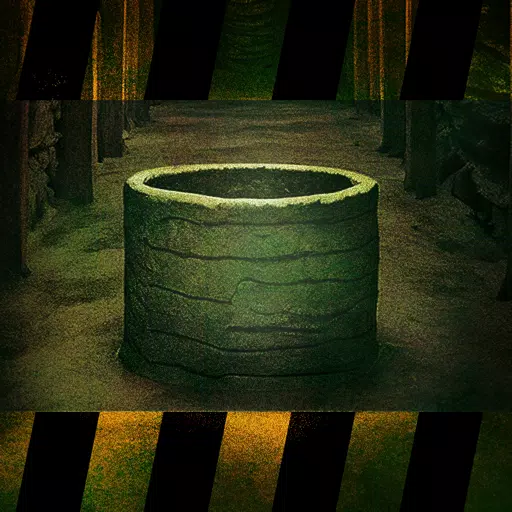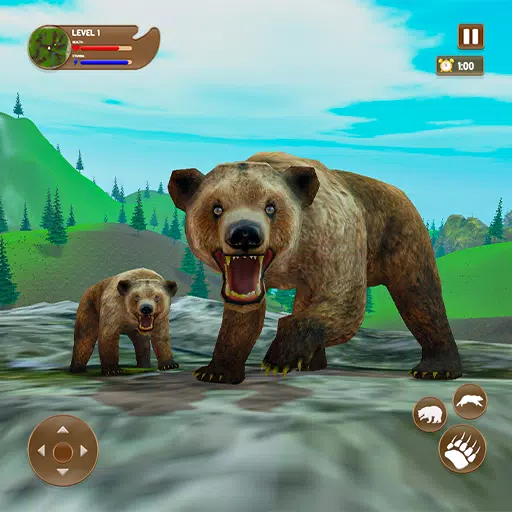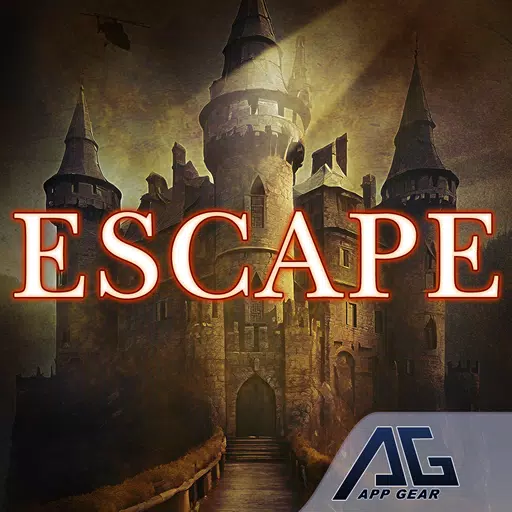A chess game that combines the theme of the Three Kingdoms, with various gameplay modes, allows players to conquer all levels, challenge all heroes, and quickly master chess endgames. Xiangqi, a type of chess originating from China, is a two-player strategy game with a rich history. Due to the simplicity and engaging nature of its pieces, Xiangqi has become a widely popular chess activity.
Chess Pieces
Xiangqi features thirty-two pieces, divided into two teams: red and black. Each team consists of sixteen pieces, categorized into seven types. The names and quantities of the pieces are as follows:
- Red Pieces: One General (Handsome), two each of Chariots (Rooks), Horses, Cannons, Advisors (Shi), and Elephants (Phase), and five Soldiers.
- Black Pieces: One General (Will), two each of Chariots (Rooks), Horses, Cannons, Advisors (Shi), and Elephants, and five Pawns.
General (Handsome/Will)
The red side's General is called "Handsome," while the black side's is "Will." As the leaders in Xiangqi, they are the primary targets. They can only move within the "palace," moving one space at a time horizontally or vertically. If the two Generals face each other directly along the same line, the moving player loses.
Advisor (Shi/Taxi)
The red side's Advisors are called "Shi," and the black side's are "Taxi." They are restricted to the palace and can only move diagonally one space at a time.
Elephant (Phase/Xiang)
The red side's Elephants are called "Phase," and the black side's are "Xiang." They move diagonally two spaces at a time, known as "flying over the field." Their movement is limited to their side of the "river" and cannot cross it. If another piece blocks the center of the "field," the Elephant cannot move, a situation known as "blocking the Elephant's eye."
Chariot (Ju/Rook)
The Chariot, or Rook, is the most powerful piece in Xiangqi. It can move any number of spaces along a horizontal or vertical line, unimpeded by other pieces. It's often said that "one Chariot is worth ten pieces."
Cannon
The Cannon moves like a Chariot when not capturing, but to capture, it must jump over exactly one piece, friend or foe. This is known as "firing over the screen" or "crossing the mountain."
Horse
The Horse moves in an "L" shape, known as "the Horse's day." It can reach up to eight points around its position, hence the phrase "majestic in eight directions." If a piece blocks its path, the Horse cannot make the move, known as "tripping the Horse's leg."
Soldier/Pawn
The red side's Soldiers and the black side's Pawns can only move forward before crossing the river, and they cannot move sideways. After crossing the river, they gain the ability to move left or right one space at a time. Despite their limited movement, their power increases significantly after crossing the river, leading to the saying "a small Pawn can block a Chariot."
In Xiangqi, players take turns moving their pieces, embodying the strategic principles from Sun Tzu's "Art of War," such as "winning without fighting" and "subduing the enemy without battle." The objective is to checkmate or trap the opponent's General. The game begins with the red side moving first, and play continues until a win, loss, or draw is determined. Through the game, players enhance their cognitive abilities by navigating the complex dynamics of attack and defense, feints and realities, and the interplay between the whole and its parts.

